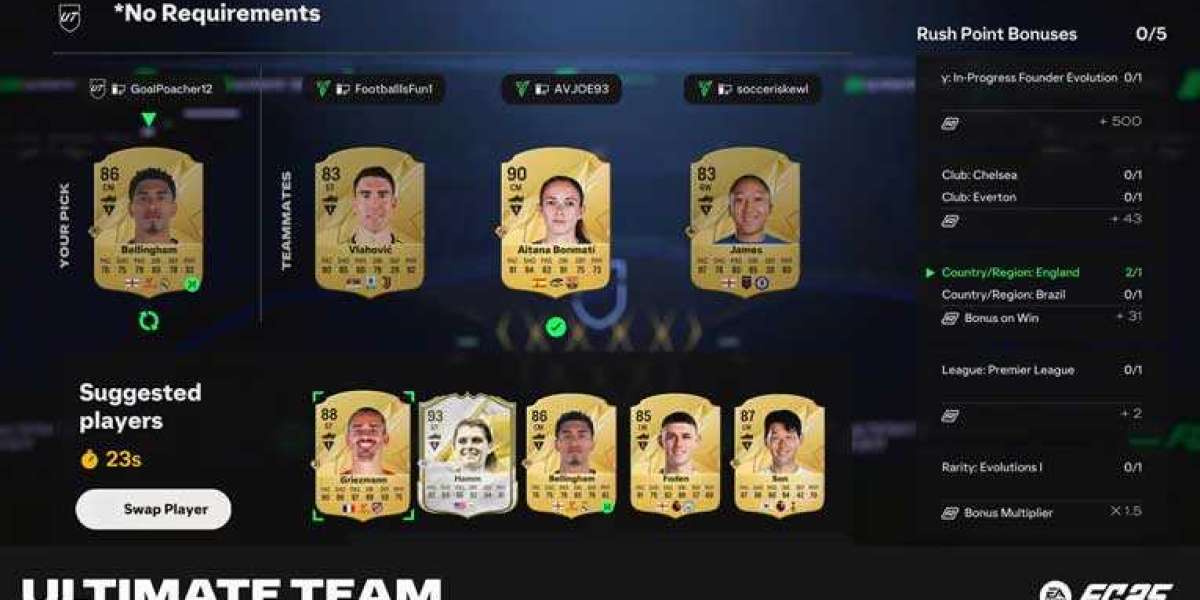Getting pulled over by the police can be an anxiety-inducing experience, especially when you're unsure why you're being stopped. While most traffic stops are routine, how you handle the situation can significantly impact the outcome. From staying calm to knowing your rights, preparation is essential. In this article, we’ll cover essential tips to help you prepare for a traffic stop and handle the situation with confidence.
What is a Traffic Stop?
A traffic stop occurs when a law enforcement officer pulls a vehicle over, typically for a traffic violation such as speeding, running a red light, or having an expired license plate. Traffic stops are one of the most common interactions between citizens and the police. While most of these stops are brief and resolve without incident, the interaction can become tense if you're unsure how to react. It's important to understand that officers use traffic stops to ensure the safety of everyone on the road. Knowing what to expect and how to act can help you remain calm and in control of the situation.
Stay Calm and Composed
Tip 1: The Psychological Benefits of Staying Calm
Staying calm during a traffic stop is crucial. Nervousness can cause you to make mistakes, such as fumbling with your documents or saying something unnecessary. Additionally, an officer may interpret signs of panic as a red flag, which could escalate the situation. Take deep breaths, avoid sudden movements, and keep your hands visible on the steering wheel. Calmness not only helps you manage the situation but also signals to the officer that you're cooperative and compliant. A calm demeanor sets the tone for the entire interaction, increasing the likelihood of a smooth, quick process.
Preparation is Key
Tip 2: Have Documents Ready (Driver’s License, Insurance, Registration)
One of the easiest ways to ensure a smooth traffic stop is by having your documents ready before the officer reaches your vehicle. When you notice the flashing lights behind you, pull over to a safe area as soon as possible. Use the moments before the officer approaches to gather your driver’s license, vehicle registration, and proof of insurance. These are the standard documents requested during any traffic stop. By having them ready, you show that you're organized and respectful of the officer’s time. If the stop happens at night, turning on your interior lights can also signal to the officer that you have nothing to hide.
In some states, you may also need to present a concealed carry license if you are carrying a firearm. Always be aware of your local laws and ensure you comply with any additional requirements. The key here is preparedness, as fumbling for documents can increase tension unnecessarily.
Understand Your Rights
Tip 3: Know When to Comply and When to Stand Firm
It’s critical to understand your rights during a traffic stop. Police officers have authority, but they also have limitations. For example, while an officer can ask to search your vehicle, they cannot do so without probable cause or your consent unless certain conditions apply. If an officer requests to search your car and you're uncomfortable, you have the right to refuse politely. A clear statement like “I do not consent to a search” is sufficient.
However, if the officer has probable cause—such as seeing contraband in plain sight—they can proceed without your consent. Understanding this distinction is vital. If an unlawful search occurs, do not physically resist. Instead, calmly express that you did not consent and document the details of the interaction afterward for future legal action if necessary. Always comply with the officer’s requests for documents and questions related to the stop itself, but know when and how to assert your rights respectfully.
Handle Questions Smartly
Tip 4: How to Respond to “Do You Know Why I Pulled You Over?”
A common question during traffic stops is, “Do you know why I pulled you over?” It’s important to respond thoughtfully to this question. Avoid admitting guilt by saying something like, “I was speeding” or “I ran the red light.” Instead, keep your response neutral. A simple “No, officer” or “Could you please explain?” works best. This response doesn’t incriminate you while still being polite and cooperative.
If the officer continues asking probing questions, such as “Where are you headed?” or “What are you doing in this area?” it’s essential to remain polite but cautious. You have the right to avoid answering questions that could lead to self-incrimination. Politely state that you prefer not to answer further questions without legal counsel if you feel uncomfortable. However, for simple requests like providing your name, license, and insurance, full compliance is advisable.
Avoid Escalation
Tip 5: Why Arguing or Resisting Can Lead to Complications
Even if you believe the traffic stop is unjustified, arguing with the officer is never the solution. Challenging the officer or becoming confrontational can escalate the situation quickly, turning a simple traffic violation into something more serious. If you feel you’ve been stopped unfairly, it’s better to address it later in court rather than on the roadside.
If an officer decides to issue a citation, accept it without argument. You can always contest the ticket later in traffic court. Resisting arrest or being combative can lead to additional charges, such as obstruction of justice or resisting arrest. Even if you're certain you're in the right, cooperating with the officer can prevent further complications.
Legal Representation
Tip 6: When to Seek Legal Support
In most cases, a traffic stop concludes with a simple warning or citation. However, there are situations where legal representation may be necessary. If the stop escalates into an arrest, or if you believe the officer acted unlawfully, seeking legal counsel is crucial. A traffic lawyer can help you navigate any charges brought against you and ensure your rights are protected. This is especially important if you feel you were profiled or if the officer violated protocol during the stop.
In cases where you're unsure about the legality of the stop, document everything you can. Note the officer’s name, badge number, and patrol vehicle number. This information can be useful if you decide to file a complaint or take legal action.
FAQs
1. How to answer “Do you know why I pulled you over?”
The best response is to remain polite and neutral. A simple, “No, officer,” or asking them to explain will keep the conversation calm and prevent self-incrimination.
2. What should you do when getting pulled over?
Safely pull over, keep your hands visible, and have your documents ready. Turn off your engine and turn on your interior lights if it's dark.
3. What are the most common reasons for being pulled over?
Speeding, running red lights, broken tail lights, and expired license plates are some of the most common reasons for being pulled over.
4. What is the safest color car to drive?
White is often considered the safest color for a car, as it is more visible in various lighting conditions and weather, which may reduce the likelihood of accidents.
Conclusion
Being prepared for a traffic stop can make the difference between a smooth interaction and a stressful encounter. By staying calm, knowing your rights, and being prepared, you can handle any traffic stop with confidence. Remember, the key is to remain respectful, comply with reasonable requests, and know when to assert your rights. If you feel that your rights were violated during the stop, seeking legal counsel can help you address the situation appropriately.


